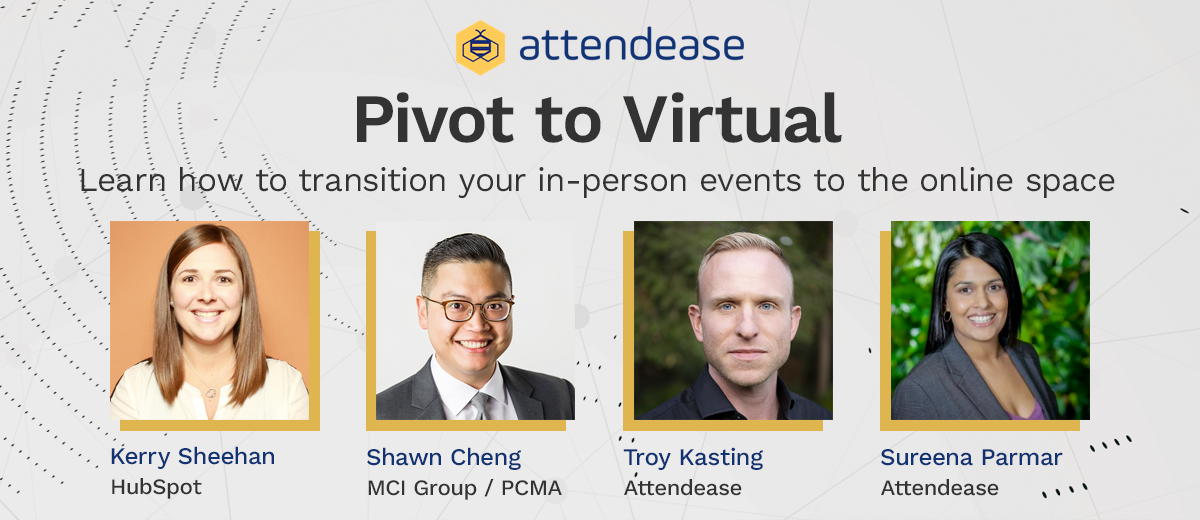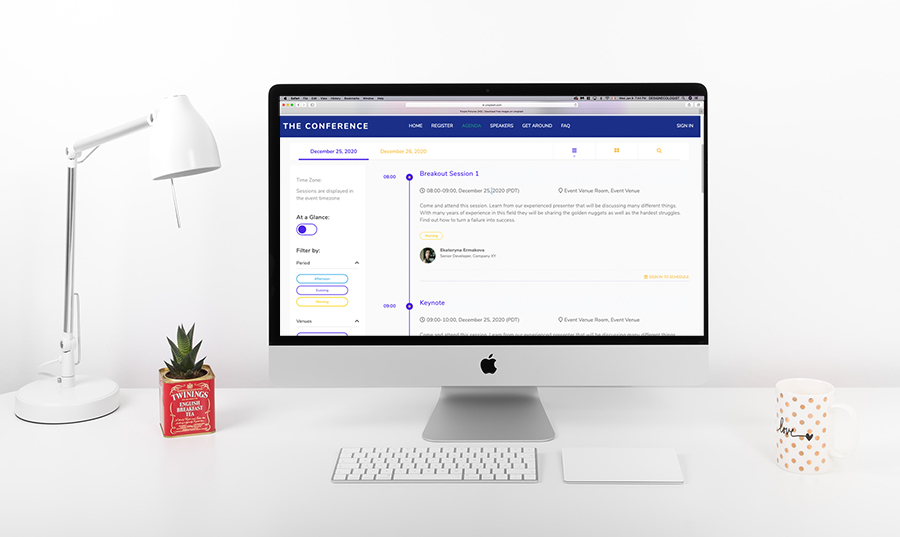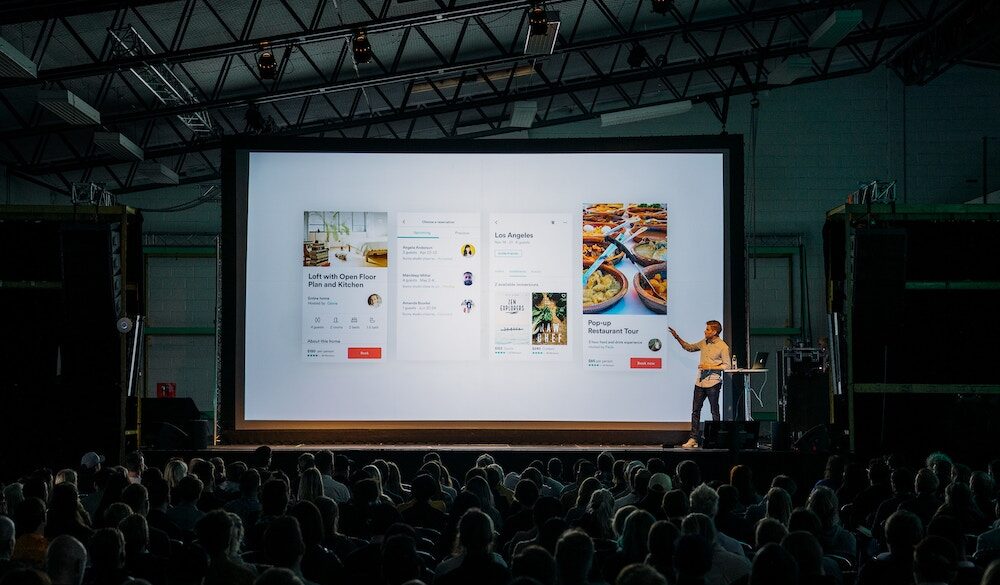COVID-19 has definitely changed the event’s industry in an unprecedented way, but changes will stick way longer than post-quarantine and social isolation times. A few regions are slowly opening their doors again, with more relaxed “stay home” rules and commerce slowly starting to reopen. While events are still not happening, we are already thinking about what the future of events will be like once things go back to “normal”.
With the businesses that are getting ready to reopen, we can observe that things are not going back to what they used to be. It may be temporary or it may be long term, but you should expect caution for at least the next one to two years to come. Businesses are ensuring their spaces are safe and clean, designing spaces that avoid crowds and improve walking traffic flow, and measures are being taken to provide a safer space to all: employees and consumers. In this new scenario, it’s tough to imagine how events will occur, since one of the main selling points of events is exactly to get people together. So what will change and how we, as event professionals, can plan for the future of events post COVID-19?
Hybrid Events
In a hybrid event, attendees have the option to choose to attend the live event or to watch the sessions online. Many large conferences already offered this option pre COVID-19 as a way to provide more affordable ticket options for those who couldn’t afford the high ticket price for the full event, or could not travel to the event destination. We expect this to become a bigger trend, as people may still avoid large crowds for at least another year (or more) to come.
Use of Space
Busy tradeshow and conferences filled with people are no longer synonymous with a successful event, this can in fact make people uncomfortable or even detract people from joining the event. Showing that your event is implementing measures to ensure everyone’s safety can help to get more buy-in from prospects, sponsors, and exhibitors. More than ever, planning the use of space and crowd management will become an extremely important part of the job of event planners. For example:
- Create flows for people to walk in the same direction, with stickers on the floor to signalize the directions to go
- Limit the number of people allowed in a booth or networking spaces
- Limit the number of people allowed in the event based on square footage
- Increase distance between tables and seats
- And more
Go Digital
If you haven’t done so yet, going digital can help your events to stay safer in many ways by avoiding the exchange of materials, handouts, swag bags, cash and more. Here are some ideas to replace physical materials to digital options (and you can check this blog post for a few more ideas on this topic!):
- Skip the printed programme and offer a digital version through a mobile app or through your mobile website
- Skip swag bags and promotional material and opt for virtual options of event swag, including virtual banners for exhibitors and sponsors, rather than print ones
- Use RFID technology to provide cashless transactions during your event (and also avoid lines, as payments will go through much faster)
Event Technology
For event planners with a large portfolio of events, it may be time to re-evaluate the technologies supporting their efforts. Having a hybrid platform at this time will help planners to manage all event components from one platform, whether online, in-person, or hybrid. Using event technology software like Attendease will allow planners to host in-person events with online components while giving better flexibility to manage fully online and fully in-person events as well. Using cloning features, which allows planners to duplicate previous events to create a new one, is yet another form to make the job more efficient, especially when working with a large event team.
As we see this new reality unfold, it’s important that we keep learning and thinking about ways to pivot and adapt our events to this new world we are living in. If you’d like to gain new insights in this regard, watch this webinar on-demand with guests from HubSpot, MPI Group/ PCMA, and Attendease, discussing how to pivot from in-person to online events.



![Webinar: Pivot to Virtual [COVID-19 Update] Blog Banner](https://eventupplanner.com/wp-content/uploads/2021/02/screen-homepage2-1200x585.png)




![Webinar: Running Events Online [COVID-19 Update]](https://eventupplanner.com/wp-content/uploads/2021/02/Webianr-Header-1200x585.png)




